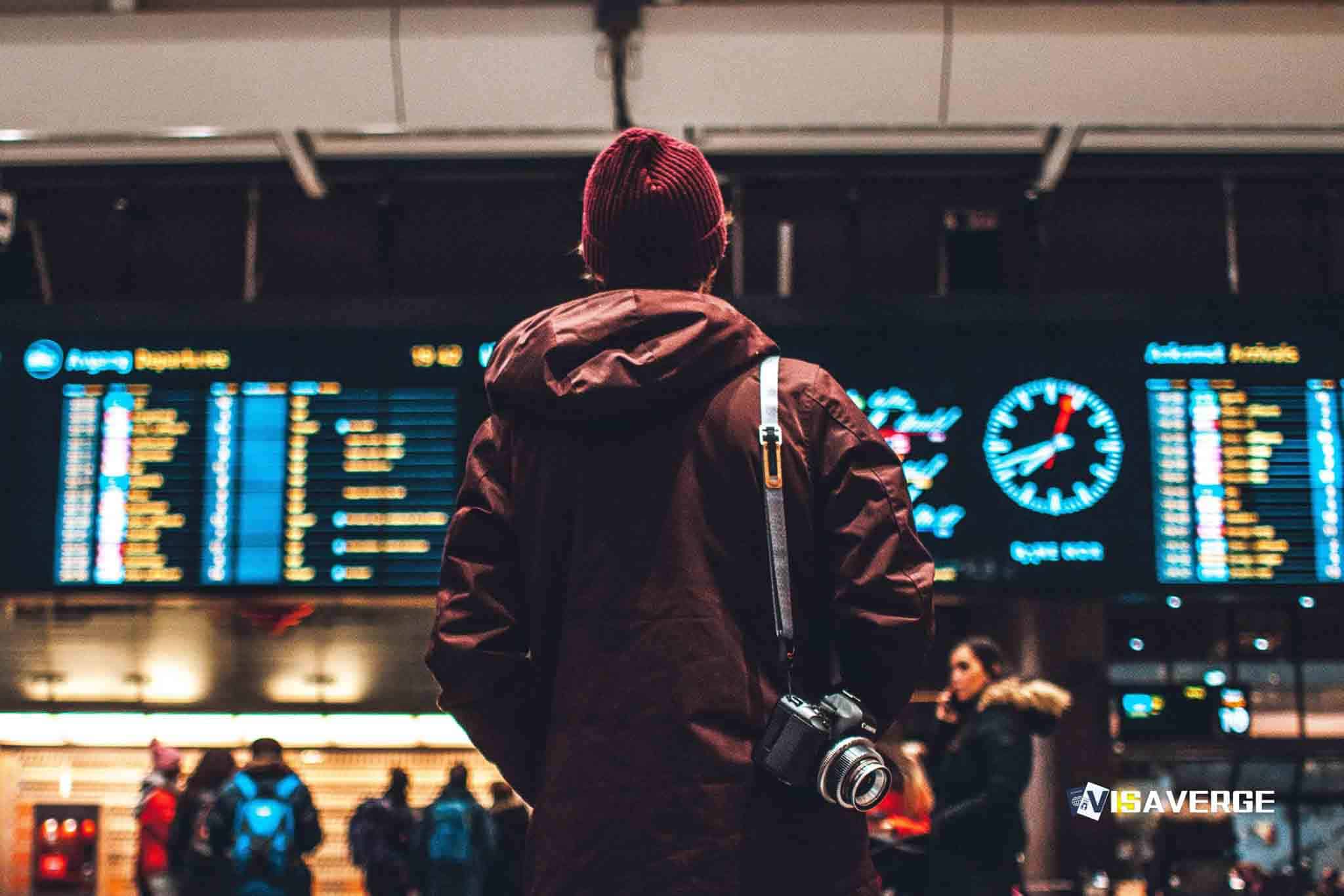(DUKE UNIVERSITY (NORTH CAROLINA, USA)) Duke University has eased its international travel guidance for visa holders, shifting in late 2025 from urging people to avoid nonessential trips abroad to advising them to plan well if they must leave the country. The update affects international students, faculty, staff, scholars, and legal permanent residents tied to the campus, and it reflects a measured move away from the earlier, stronger warnings prompted by tighter screening at U.S. ports of entry.
Background: why guidance tightened before
For much of the recent past, Duke had strongly cautioned its international community against travel that was not essential. The earlier message was driven by concerns about re-entry to the United States (U.S.) amid strict Customs and Border Protection scrutiny, the chance of secondary inspections, and possible searches of electronic devices under what was described as a “maximum vetting” approach.

In the background was the possibility that travel bans could apply to nationals from dozens of countries with no advance notice, leaving some travelers abroad and unsure when they might return.
What’s changed in the guidance
The change does not mean the risks have disappeared. Rather, the university now emphasizes careful planning and readiness for those who truly need to travel. Key points of the new guidance:
- Duke Visa Services is the main campus resource for immigration support and is encouraging travelers to prepare documents, know their routes, and seek advice before departure.
- Travelers are urged to talk with campus liaisons and, when appropriate, consult immigration attorneys—especially for those from countries that could face sudden restrictions.
- The tone is more flexible but still careful: travel is possible, but it requires clear steps and extra time.
Practical steps Duke recommends
Duke’s guidance lists concrete actions travelers should take:
- Prepare and carry all up-to-date travel documents and keep them easily accessible at ports of entry.
- Register travel in the Duke Travel Registry if travel is for Duke-funded work or for academic credit.
- Allow extra time for secondary inspection and build longer layovers and flight buffers into itineraries.
- Be ready to explain purpose of travel (study, employment, research) and to answer questions from border officials.
- Limit and tidy electronic content—expect possible searches of phones and laptops and keep professional/personal information to what’s needed for the trip.
Important: Secondary inspections can take time and may include device searches. Customs officers have discretion in these reviews, so plan for delays and potential follow-up questions.
Support and options for those who choose not to travel
Duke pairs the eased guidance with continued support for people who decide to stay in the country:
- An anonymous question form is available for international travelers seeking advice without naming themselves.
- Summer housing options remain open on campus, offering a safe, stable place to stay during breaks instead of risking travel abroad.
Why this matters: federal procedures and campus coordination
The emphasis on preparation aligns with federal procedures travelers may encounter. Customs and Border Protection (CBP) explains that officers may refer travelers to secondary inspection for extra checks and may examine electronic devices under certain conditions. Travelers can read more on CBP’s official page about the inspection process: https://www.cbp.gov/travel/us-citizens/know-before-you-go/inspection-process.
By asking travelers to register trips tied to Duke funding or academic credit, the university can:
- Track travelers and send alerts if policies change mid-journey
- Share updates and help coordinate next steps
- Provide targeted assistance if problems arise
This tracking proved useful during earlier periods of fast-changing rules, when campuses scrambled to find students stranded by border issues.
Perspective from the community
Reactions within the international community are mixed but complementary:
- Some see the eased tone as overdue after years of strict warnings.
- Others believe caution remains necessary given unpredictable enforcement.
Both perspectives coexist in the new message: Duke accepts that people need to travel for study, work, and family reasons while keeping a close eye on lingering risks. The core advice is consistent: prepare well, consult campus liaisons, and allow extra time.
Key takeaways
- International travel for Duke-affiliated visa holders is not prohibited, but it requires planning and preparedness.
- Travelers should line up documents, expect possible secondary inspection, and keep devices clean and accessible.
- If plans are flexible, consider staying on campus and using available support resources (anonymous question form, summer housing).
- The university’s guidance aims for a balance: mobility with planning, and caution without fear, for visa holders and permanent residents connected to Duke.
As late 2025 unfolds, Duke’s guidance underscores a cautious but more permissive posture: travel is doable if you plan, register when appropriate, and prepare for the realities at ports of entry.
Frequently Asked Questions
This Article in a Nutshell
In late 2025 Duke University moved from urging visa holders to avoid nonessential international travel to advising careful planning for necessary trips. The guidance applies to students, faculty, staff, scholars, and permanent residents connected to Duke. It stresses consulting Duke Visa Services and campus liaisons, registering Duke-funded or academic travel, carrying current documents, allowing extra time for possible secondary inspections and device searches, and using campus supports such as an anonymous question form and summer housing. The goal is managed mobility with preparedness amid ongoing CBP procedures.












